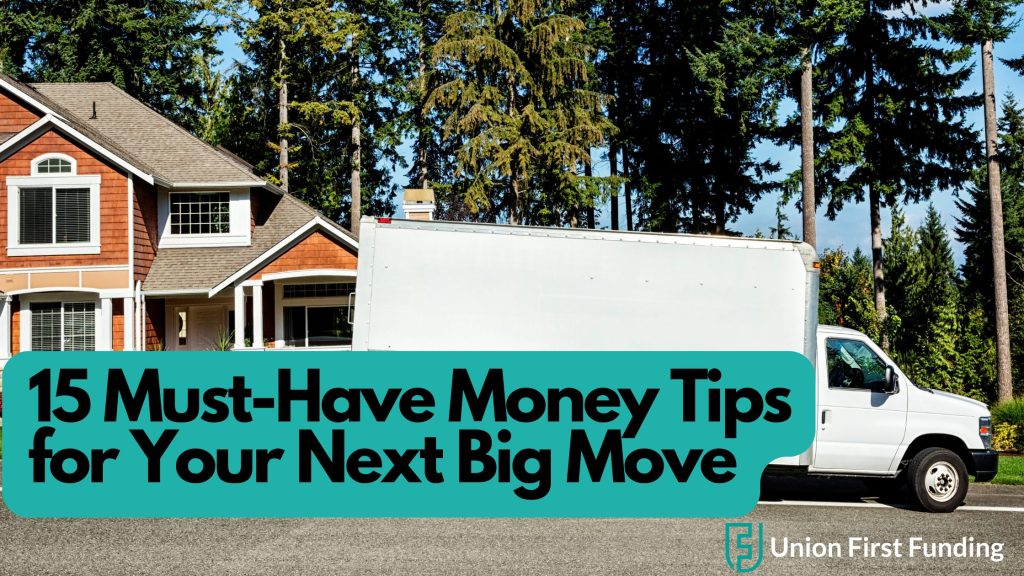Be Mindful of These 15 Frequently Neglected Expenses When Moving
Moving can be an exciting yet daunting experience. As you plan your transition to a new home, it’s easy to get caught up in the major expenses like hiring a moving company or purchasing packing materials. However, there are numerous hidden costs that often go unnoticed until they hit your wallet. To help you budget more effectively, we’ve compiled a list of 15 commonly overlooked moving costs that you should be aware of.

- Temporary Storage: If you need to store your belongings temporarily, the cost of renting a storage unit can add up quickly, especially if your move is delayed.
- Utility Hookups and Disconnections: Don’t forget to account for connecting or disconnecting utilities such as water, gas, electricity, cable, and internet at both your old and new locations.
- Travel Expenses: If your move involves a long-distance drive, remember to factor in fuel, meals on the road, and even accommodations if it’s a multi-day journey.
- Childcare and Pet Care: Moving can be chaotic, and you might need childcare or pet care services to ensure the safety and well-being of your loved ones.
- Insurance: Moving insurance is essential to protect your belongings during the relocation process. This cost varies depending on the coverage you choose.
- Cleaning Costs: Both your old and new homes may require cleaning services before or after the move, which can include carpet cleaning, deep cleaning, or hiring a professional cleaning crew.
- Appliance Servicing: If you’re taking your appliances with you, consider the cost of disconnecting, servicing, and reconnecting them in your new home.
- Moving Permits and Fees: In some areas, you might need permits or pay fees for parking a moving truck or blocking off streets during your move.
- Replacement Items: The process of moving can be rough on furniture and possessions. You may find that you need to replace items that get damaged during the transition.
- Food Expenses: Your kitchen will likely be packed, and you’ll need to eat out or order takeout more frequently during the moving process.
- Mail Forwarding: Don’t forget to update your mailing address with the post office and consider the costs associated with mail forwarding services.
- Home Improvements: After moving into your new home, you may want to make some improvements or repairs, like painting, re-flooring, or minor renovations.
- Rental Truck Add-Ons: If you’re renting a moving truck, extras like a dolly, furniture pads, or a ramp may come at an additional cost.
- Storage Containers: If you opt for portable storage containers, there may be monthly rental fees associated with their use.
- Professional Help: Sometimes, you’ll need professional assistance with tasks like assembling furniture, mounting TVs, or installing appliances in your new home.
By taking these often-overlooked costs into account, you can create a more accurate moving budget. Start planning well in advance, get multiple quotes from moving companies, and keep track of your expenses throughout the process. With proper preparation and awareness, your move can be a smooth and financially manageable experience. Remember that while moving can be stressful, it’s also an opportunity for a fresh start in a new place, and budgeting wisely can help you make the most of it.
Stay ahead of your finances with Union First Funding!
